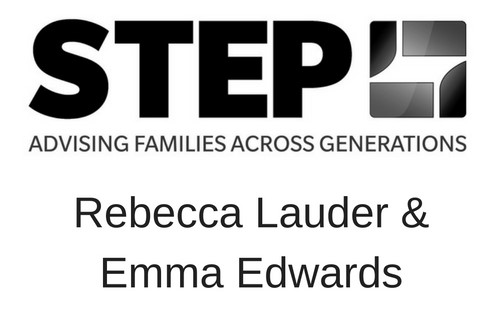A fundamental principle of English law is that everybody should be at liberty to leave their Estate to whomever they choose when they die. However, sometimes, the chosen beneficiaries may wish to change their entitlement under the Will. The law permits them to do so in specific circumstances through the use of a Deed of Variation.
What is a Deed of Variation?
A Deed of Variation alters the terms of a Will after the testator (the person who made the Will) has died. It can also be used to change the application of the Intestacy Rules, which dictate how an Estate should be distributed if a person dies without leaving a Will.
You can use a Deed of Variation to redistribute the deceased’s assets, set up a trust, or include additional beneficiaries.
When might you use a Deed of Variation?
There are several reasons why you might choose to enter into a Deed of Variation, including the following:
To distribute the Estate in a more tax-efficient way.
To provide for children or grandchildren born after the testator’s death.
You don’t need your entire share and would like some of it to benefit somebody else.
You would like some of your entitlement to go to charity.
To add other beneficiaries who you feel deserve a share of the Estate.
To even out the distribution, if some beneficiaries have received more than others.
How do you make a Deed of Variation?
Unsurprisingly, various legal requirements apply to Deeds of Variations. The exact requirements depend on the effects of the Deed, but generally speaking, they include the following:
The Deed must be in writing.
The Deed must be made within two years of the testator’s death.
All beneficiaries who will lose out under the Deed must sign it.
The Deed must clearly state the changes made to the distribution of the Estate.
If the Deed alters the amount of inheritance tax payable, you must send a copy to HMRC.
If the amount of tax payable increases because of the Deed, the executors or administrators must sign it.
The Deed must include a statement that the parties signing it intend the variation to be effective for the purposes of inheritance tax and capital gains tax.
An independent witness must witness each signature.
Deeds of Variation provide an invaluable opportunity for the beneficiaries under a Will or the Intestacy Rules to redistribute the deceased’s assets. However, your Deed must comply with strict legal rules and requirements to be effective, both legally and for tax purposes. Furthermore, Deeds of Variation can sometimes have unexpected consequences, notably in terms of the tax position, so it’s essential to take advice on the effects of your proposed changes before proceeding.





















